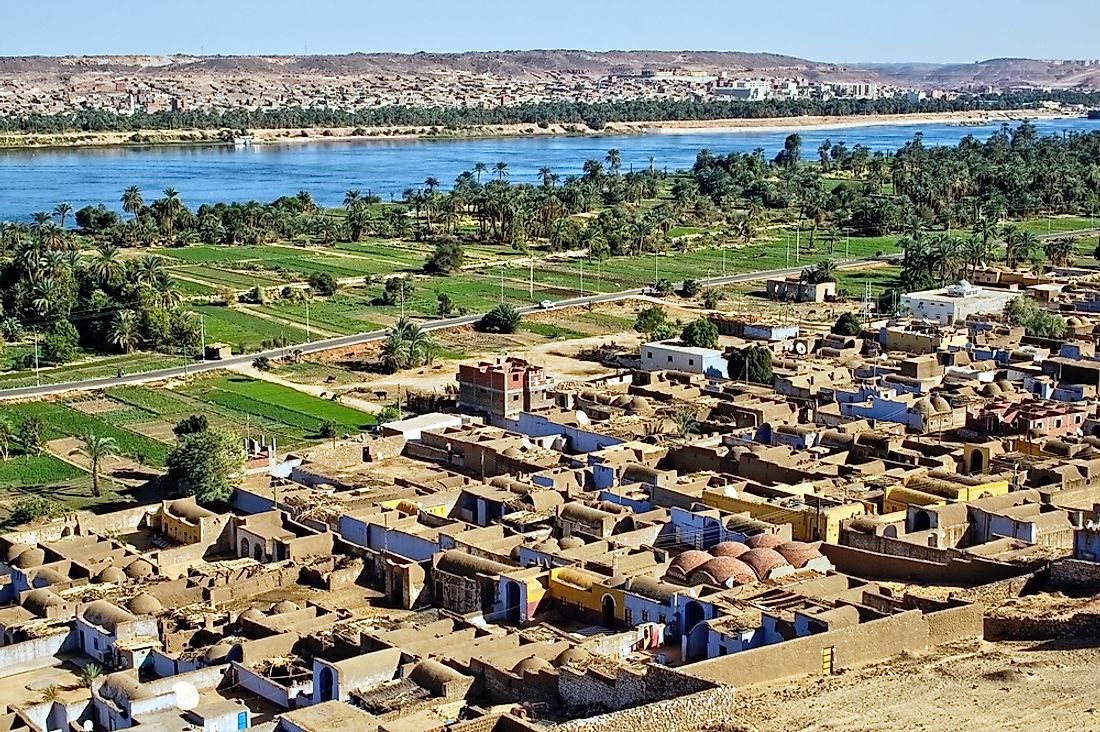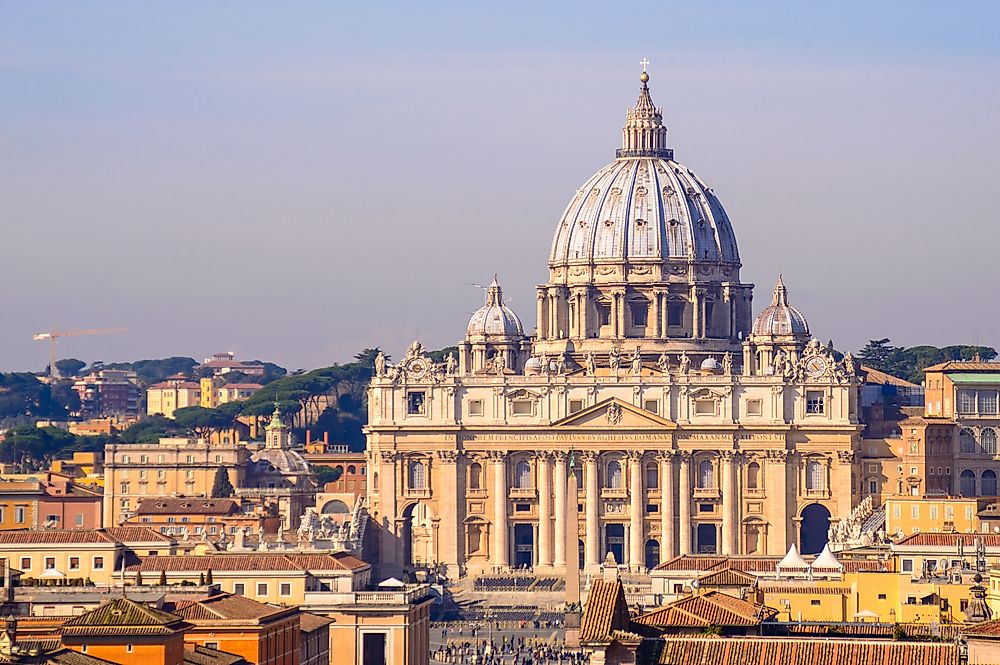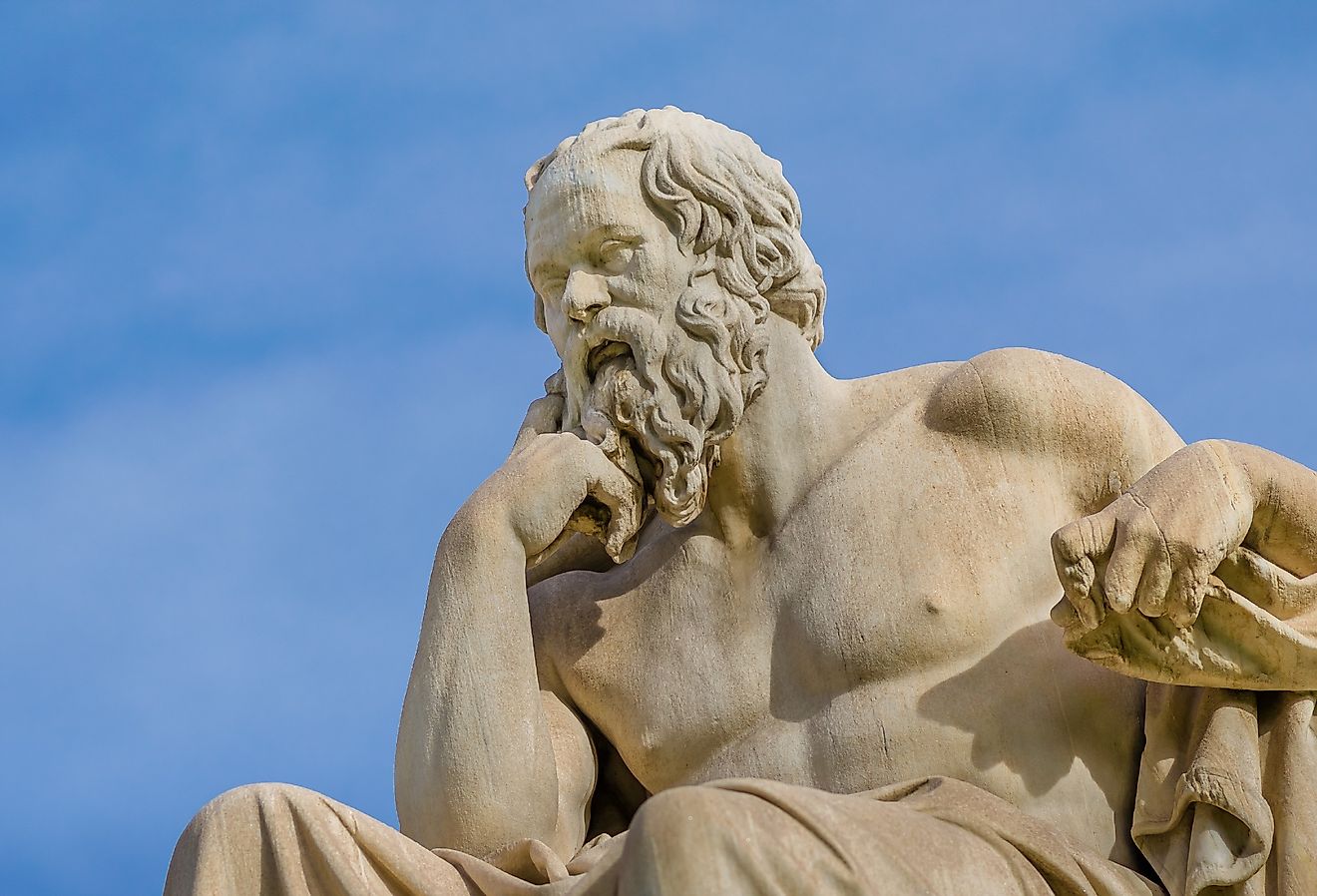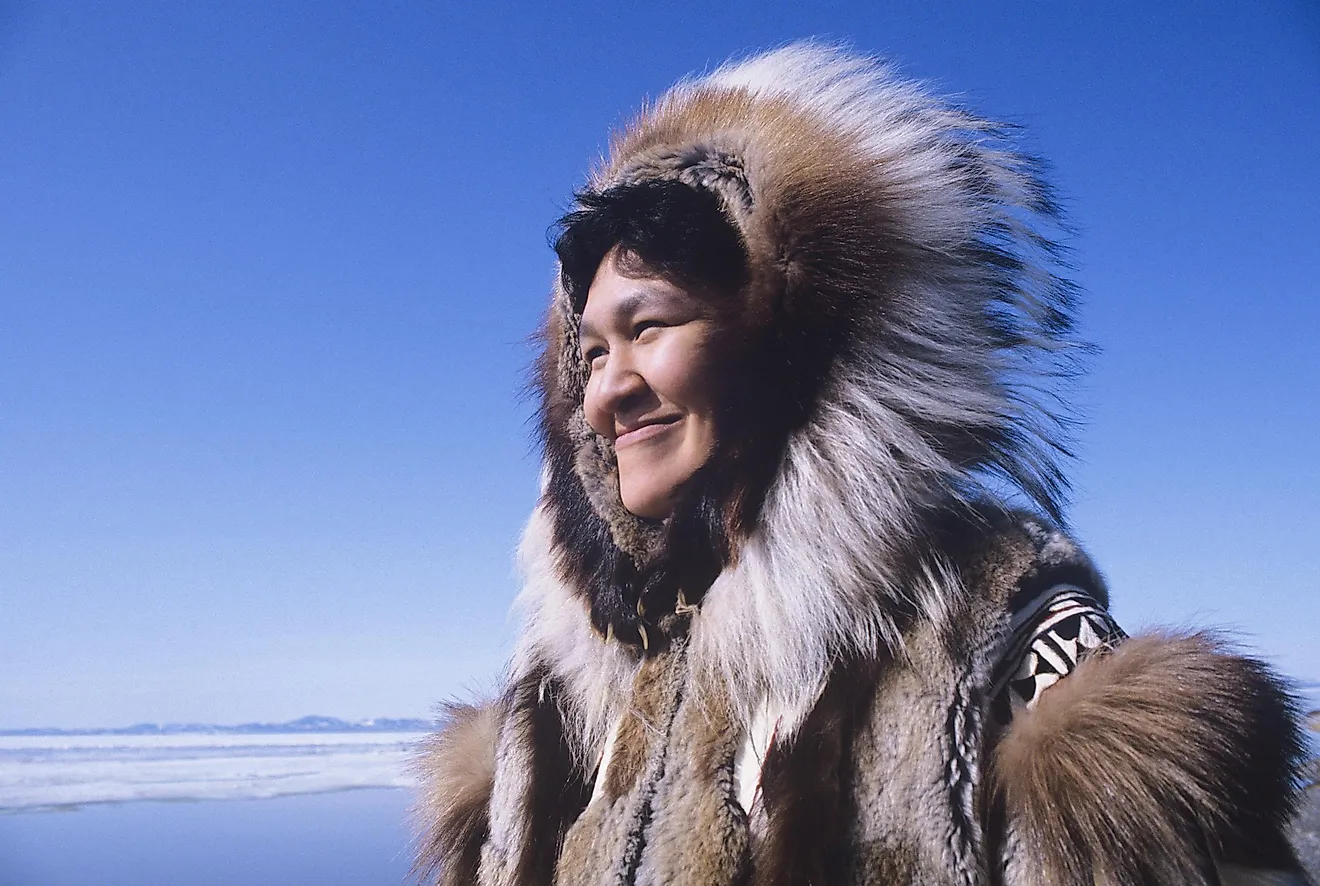Who Are The Nubians?

Nubians are a native ethnic group presently living in Sudan and Southern Egypt. Several groups called Hill Nubians occupy Northern Nuba Mountains in South Kordofan, Sudan. They are among the earliest cradles of civilization, originating from ancient occupants of the central Nile valley. This ethnic group has a traditional history that dates back to Egyptian dynasties. They commonly speak Nubian languages belonging to the Nilo-Saharan family.
History
The Nubian history dates back thousands of years ago. They are descendants of the ancient African civilization. They happened to have ruled an empire stretching across the northeast of the African continent. The Nubians lived in the area along the river Nile, presently known as southern Egypt and Northern Sudan. This region also goes by the name Nubia. In the 4th century, Christianity was adopted by many Nubians but later in the 15th and 16th centuries, most Nubians converted to Islam during the rule of the Arabs. Later in 1956 when Sudan seceded from Egypt, the Nubian community was divided between the two countries.
This great and rich history of the Nubians faced great threat during the rule of British and later the Egyptian governments. The two governments constructed a series of dams that triggered the relocation of many Nubians from their homeland to newer areas. Aswan High dam build in 1970 turned most of Nubia into the Lake Nasser reservoir. Most Nubians moved 50 kilometers inland to Kom Ombo while some were scattered along the Nile and its islands.
Culture
Historically Nubia was a region of different cultures. The Nubian geography greatly influenced ancient cultural development. Nubians have a culture celebrated in novels, poetry, storytelling, and music. In the ancient times, different groups held on to different cultures. The C-Group did pottery and practiced Pan Grave culture because they used to make shallow graves to bury their dead. The modern Sudan Nubians such as Mahas, Sikurta, and Danaqla use their own scripts to write. Mahas women and men practice scarification where they make three scars on every cheek. Danaqla, on the other hand, wear the scars on temples.
Religion
Islam is the main religion practiced by the Nubians in the present times. Many Nubians were Christians in the 4th century. Nepata served as an important center of worship for Nubians in the ancient times. This is where Gebel Barkal, a sandstone hill resembling a roaring cobra, was located. Nubian queens and kings were buried close to Gebel Barkal, in pyramids similar to that of the pharaohs. Later, even the Egyptian priests declared Gebel Barkal a home for Amun, the ancient deity. Nubians worshipped the Nubian and Egyptian deities for 2,500 years, even during the leadership of the new kingdom of Egypt. Mass conversions to Islam occurred with the establishment of Arab rule in the region.











